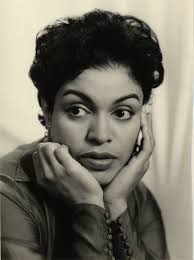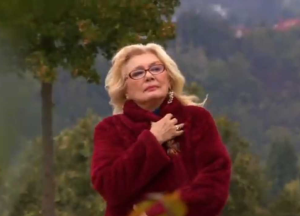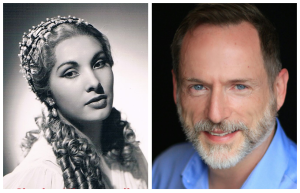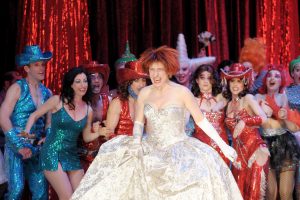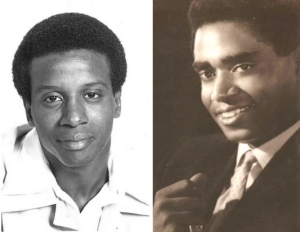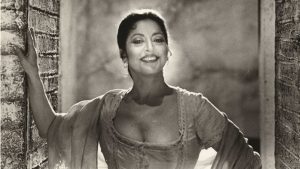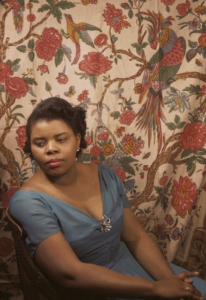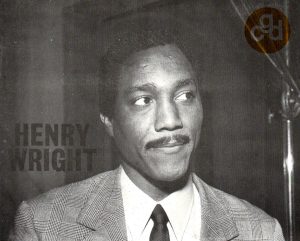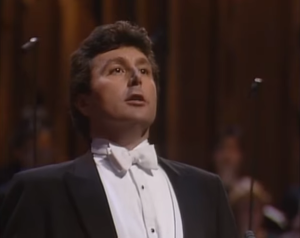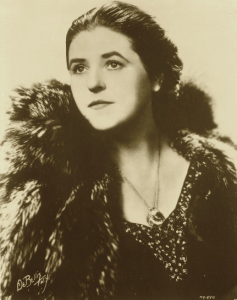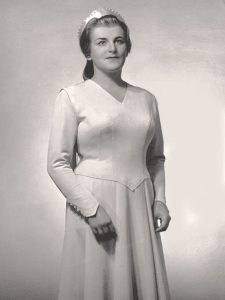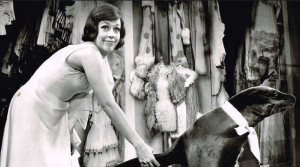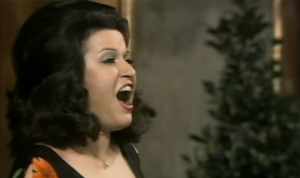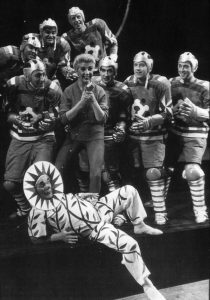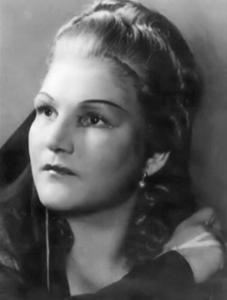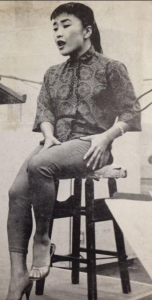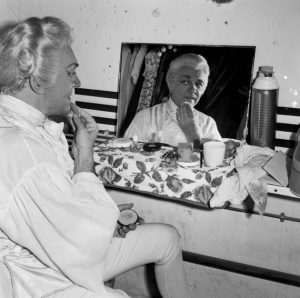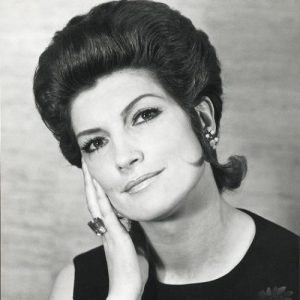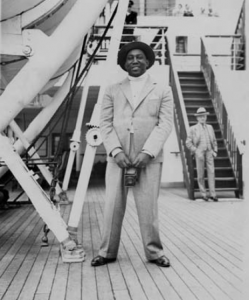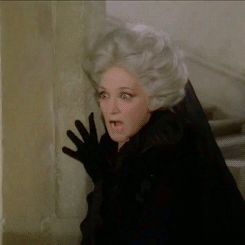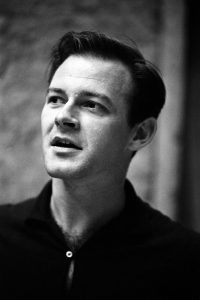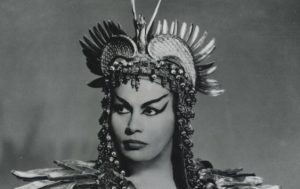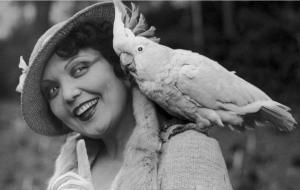Podcast: Play in new window | Download (Duration: 1:14:22 — 65.1MB) | Embed
Subscribe: Spotify | TuneIn | RSS | More
As I embark on several weeks of vacation, I bring you the first of several episodes from the early years of the podcast in between the new episodes that I will produce with somewhat less frequency between now and September. This week I am honored to bring to you the first of two episodes from the Season One of Countermelody which introduced my listeners to the great African American mezzo-soprano Muriel Smith (1923-1985) who, among other important contributions, premiered the title role of Carmen Jones on Broadway in 1943. We examine her work in musicals and films as well as pop music and opera. Her eclecticism, her ability to color her voice in a way uniquely suited to the wide range of roles she undertook, as well as her deep connection to text and expression, mark her as an artist of the highest caliber. Featured is a rare 1955 Philips recording of spirituals represents Muriel Smith at her artistic and interpretive peak.
Countermelody is a podcast devoted to the glory and the power of the human voice raised in song. Singer and vocal aficionado Daniel Gundlach explores great singers of the past and present focusing in particular on those who are less well-remembered today than they should be. Daniel’s lifetime in music as a professional countertenor, pianist, vocal coach, voice teacher, and journalist yields an exciting array of anecdotes, impressions, and “inside stories.” At Countermelody’s core is the celebration of great singers of all stripes, their instruments, and the connection they make to the words they sing. By clicking on the following link (https://linktr.ee/CountermelodyPodcast) you can find the dedicated Countermelody website which contains additional content including artist photos and episode setlists. The link will also take you to Countermelody’s Patreon page, where you can pledge your monthly support at whatever level you can afford. Bonus episodes available exclusively to Patreon supporters are currently available and further bonus content including interviews and livestreams is planned for the upcoming season.
